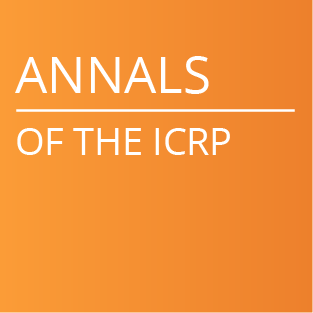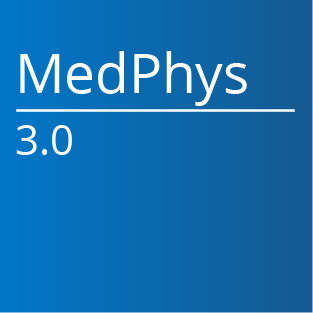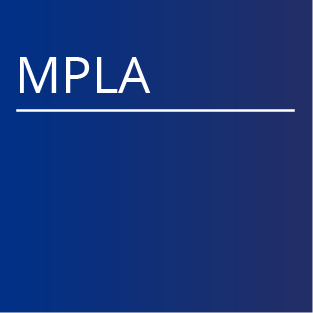|
Deadline
|
Action
|
Person(s) Responsible
|
|
Early January Executive Committee Call
|
Executive Committee reviews/approves Executive Director (ED) performance goals for the current fiscal year. The Board of Directors is notified by the President.
|
Executive Committee
President
|
|
Mid-January
|
Outsourced HR partner conducts compensation study to assess ED compensation against comparator organizations.
|
HR partner
|
|
January 15
|
ED delivers previous year self-assessment to the HR partner.
|
ED
|
January 16
|
HR partner sends ED self-assessment and performance evaluation form to Executive Committee members.
|
HR partner
|
|
February 1
|
Final due date for Executive Committee member ratings and comments. The HR partner consolidates responses into a summary document.
|
Executive Committee
HR partner
|
|
Early February
|
HR partner meets with Board Chair, President and President-Elect to review summary ED performance review and results of compensation study.
|
HR partner
Board Chair
President
President-Elect
|
|
February 7
|
HR partner distributes ED self-assessment, summary performance evaluation and results of compensation study to the Executive Committee.
|
HR partner
|
|
February 15
|
Executive Committee reviews summary performance evaluation and approves salary increase and performance bonus, if applicable. HR partner attends Executive Committee meeting.
|
Executive Committee
|
|
Late February
|
President meets with ED to share performance review and feedback. President sends an email to HR partner authorizing any salary increase and/or performance bonus.
|
President
ED
|
|
Spring Board Meeting
|
President notifies Board of review results during executive session.
|
President
|
| May and September
|
President & ED discuss progress towards performance goals (re-prioritize, if needed)
|
President
ED
|
|
Mid-December
|
ED meets with Board Chair, President, and President-Elect to develop proposed performance goals for the upcoming year.
|
ED
Board Chair
President
President-Elect
|




















